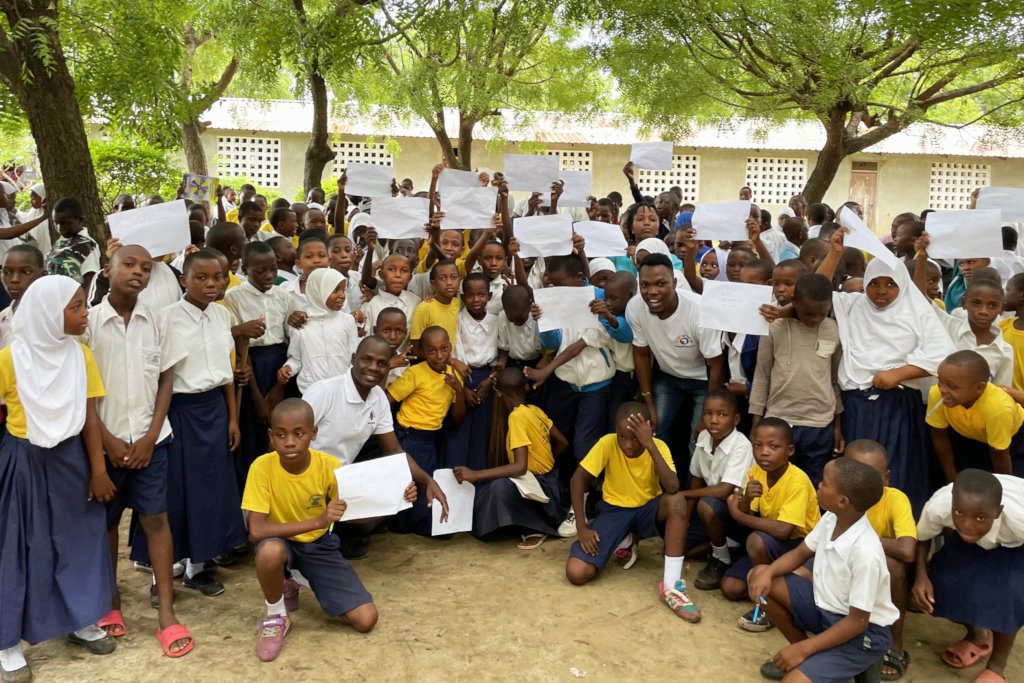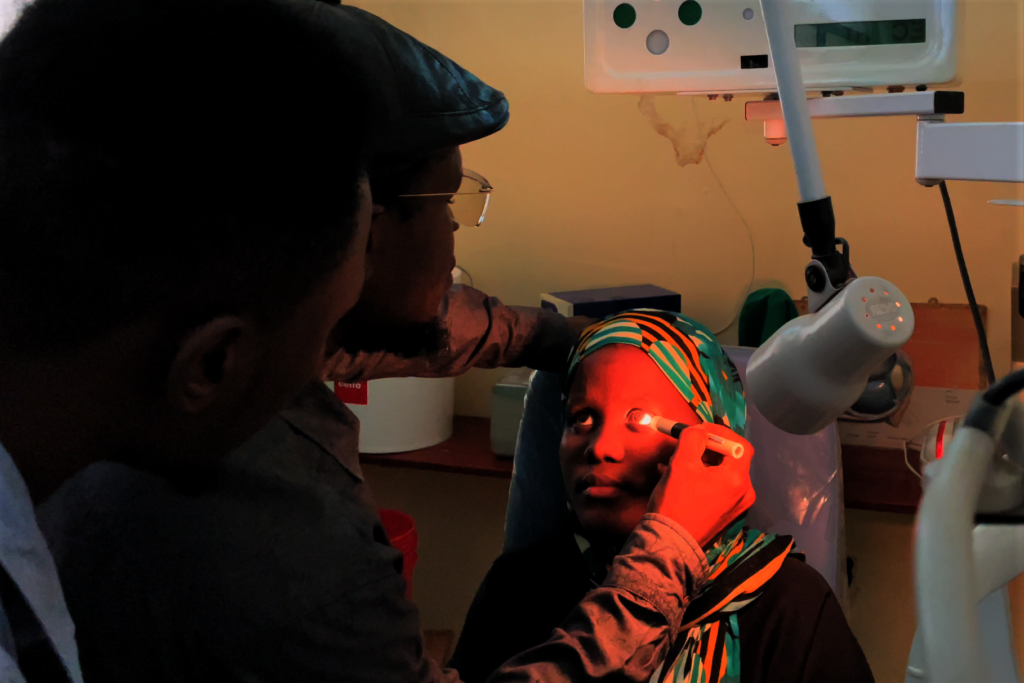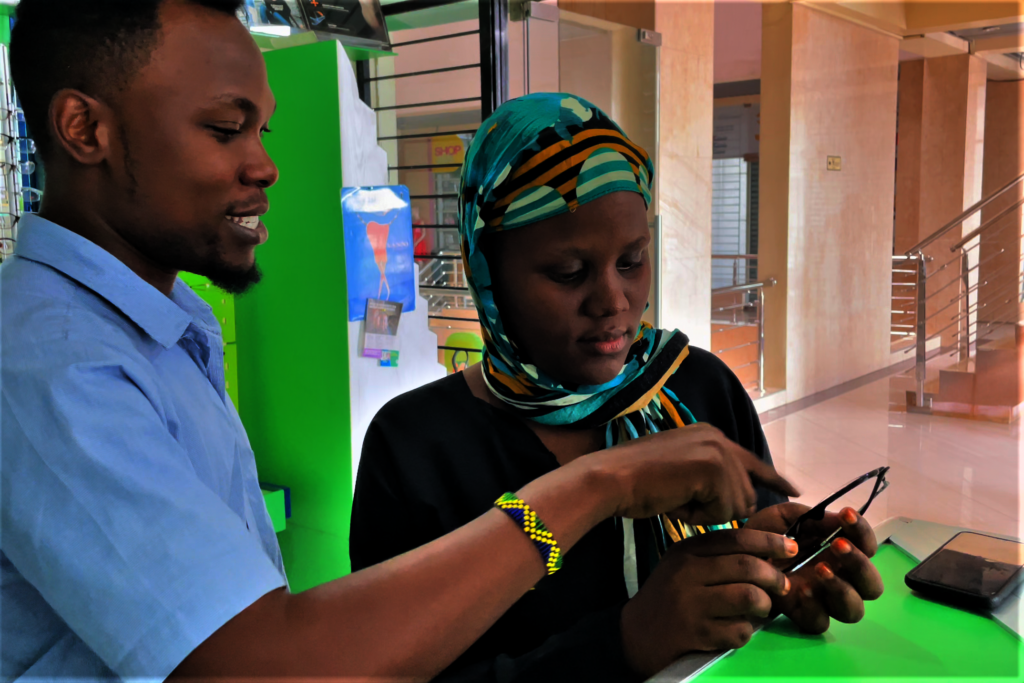By Timothy Spooner | Field Manager - Tanzania
Whilst our project to raise the fund necessary to open a high-quality Medical Centre, in partnership with Reach Tanzania, within its existing Campus is still in the funding stage, we are delighted to be able to confirm that we continue to deliver free Healthcare to nearly 1,000 poor and vulnerable children in Tanzania.
We are continually looking at ways to improve the existing service delivery and to extend its reach to even more of these children from our local community and are currently working on a maternity programme to support pregnant mothers through pregnancy, birth and in the critical first 6-12 months after the baby arrives. Tanzania in the past few years has experienced a substantial reduction in child mortality rates. In 2005, the infant mortality rate was 68 deaths per 1,000, a vast improvement from the 1999 figure of 99 deaths per 1000 – but more work needs to be done. Maternal mortality, on the other hand, has not fared as well and our programme, when operational, will make a significant difference in this area.
We are also looking at ways to work with a local partner to deliver free reusable pads to teenage girls combined with support education on helping the girls not only to understand how best to use these pads but in providing invaluable education related to menstruation. It is estimated that one in 10 girls in African countries miss school monthly due to a lack of supplies and education related to menstruation. The negative connotations of “becoming a woman” and the mystery surrounding these changes can not only create girls’ unhealthy perceptions of themselves and their bodies but can affect more concrete aspects of their lives, including their education. Due to its monthly recurrence, many young women are unable to catch up on the material they have missed and will eventually drop out of school altogether.
Over the past quarter we have ensured one of our children, who was born without an anal passage, has been able to continue with the ongoing surgery required to correct this, ensured dozens of children got new prescriptions and glasses, and managed a number of cases of UTI’s (which are very common in poorer areas due to the poor sanitation), Malaria, fungal infections and even an outbreak of Mumps.
Links:
Project reports on GlobalGiving are posted directly to globalgiving.org by Project Leaders as they are completed, generally every 3-4 months. To protect the integrity of these documents, GlobalGiving does not alter them; therefore you may find some language or formatting issues.
If you donate to this project or have donated to this project, you can receive an email when this project posts a report. You can also subscribe for reports without donating.



